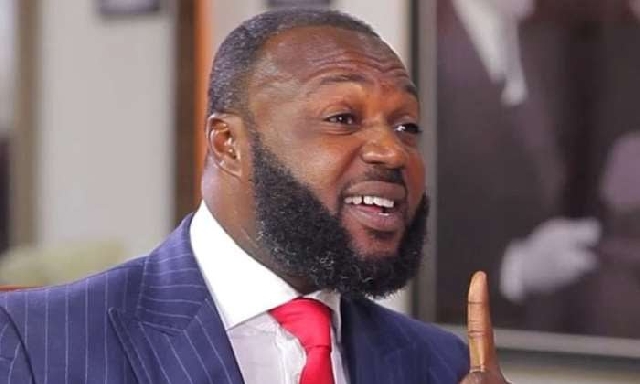Ato Essien's bail sparks outcry over plight of sick prisoners in Ghana
 Ato Essien
Ato Essien
The recent bail granted to William Ato Essien, founder of the defunct Capital Bank, has reignited public debate about inequality within Ghana’s justice system—particularly the harsh realities faced by sick and underprivileged inmates across the country’s correctional facilities.
Despite suffering from life-threatening illnesses, many prisoners in Ghana remain without adequate medical care, legal representation, or public sympathy.
Their plight, largely ignored, stands in stark contrast to the growing public campaign in support of Ato Essien, who was convicted for causing financial loss to the state.
Essien’s case has drawn considerable attention, with over 3,000 verified signatures collected in an online petition calling for presidential clemency.
Prominent voices such as Dr. John Appiah and veteran broadcaster Kwaku Sintim-Misa (KSM) have joined the call for his release, arguing that his sentence was excessive and his efforts at restitution should be considered.
The Court of Appeal recently granted Essien bail set at GH₵10 million with two sureties, pending the outcome of his appeal.
He was initially handed a 15-year custodial sentence after failing to fully honour a restitution agreement involving GH₵90 million in Bank of Ghana liquidity support funds.
His legal team insists he remains committed to repaying the outstanding amount.
However, this development has provoked criticism from sections of the public and civil society groups who argue that the justice system unfairly favours the wealthy and well-connected.
Many have questioned why similar compassion is not extended to destitute inmates—especially those battling critical health conditions without any form of support or legal recourse.
Critics say the attention on Essien highlights a troubling imbalance in the system: while affluent convicts benefit from advocacy campaigns and legal manoeuvring, the voiceless majority continue to languish in dire conditions.
“This is not about Ato Essien alone,” one rights advocate noted. “It’s about what kind of justice system we’re building—one that responds to money and influence, or one that guarantees dignity for every Ghanaian, regardless of status.”
Source: Classfmonline.com/Cecil Mensah
Trending News

GFL boss reveals Abronye facing “spiritual and physical attacks”
02:51
Ghana’s High Commissioner to the UK announces upcoming Ghanacard registration in London
12:00
Gov't relocates excavators from Tema port to military installations
09:38
ORAL is working, just be patient with the Attorney-General – Martin Kpebu
08:26
Ghana honours distinguished diplomats for lifetime service
09:35
NAIMOS and Blue Water guards strikes: Illegal mining community along the Ankobra River dismantled
20:23
Trasacco Estates fights unlawful demolitions allegedly linked to Chief Imam
09:14
Driver’s mate jailed six months for stealing from Ministry of Finance
03:02
Indian Hemp: 4 suspects arrested in possession of 315 compressed parcels
20:34
Businessman funds GHC 300,000 bridge project in Suhum to replace “death trap” crossing
09:12




